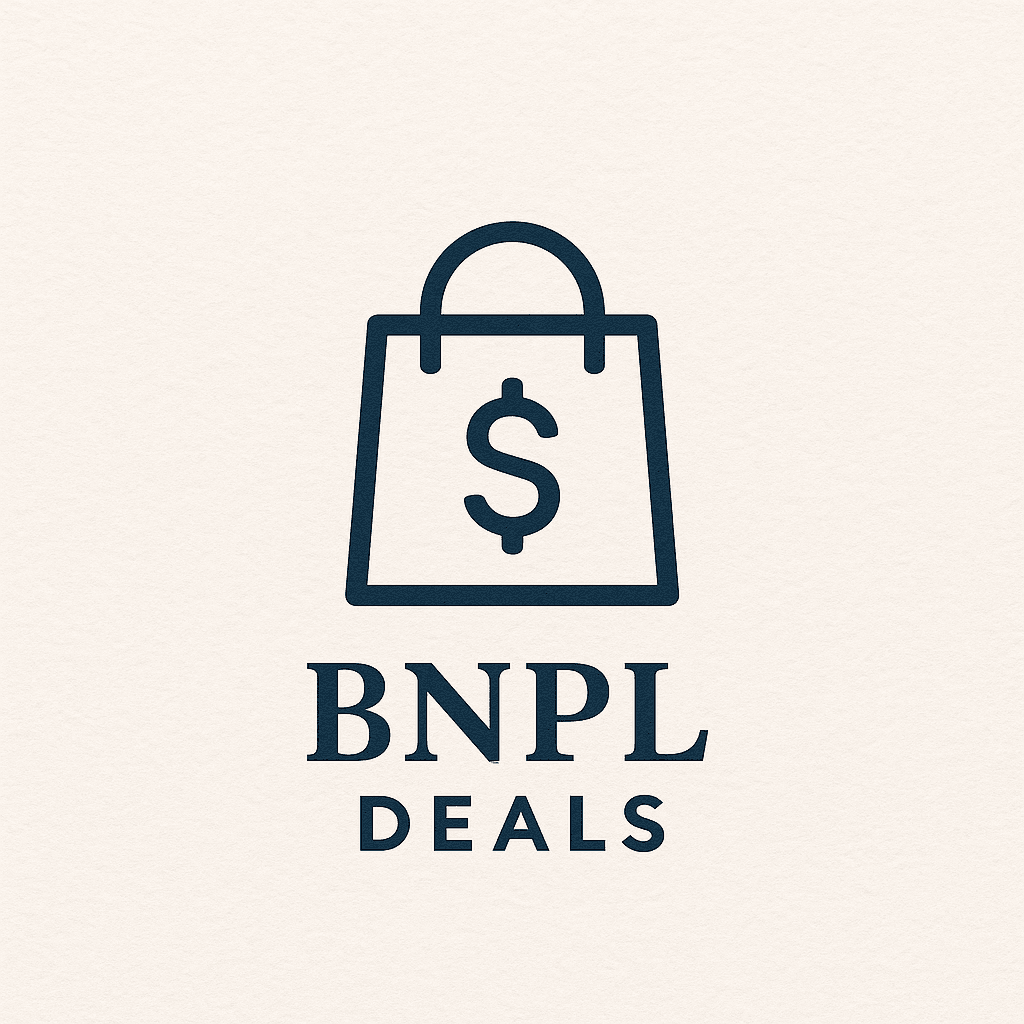With inflation still lingering and everyday costs rising across the U.S., stretching your budget in 2025 is more than just smart—it’s survival. Groceries cost more, utilities are up, and even basic household goods aren’t immune to price hikes. But here’s the good news: shopping on a budget doesn’t mean giving up the essentials.
In fact, the way you shop in 2025 can make or break your monthly spending. Whether you’re living paycheck to paycheck or just looking to build more breathing room into your finances, these practical tips will help you stay stocked without going broke.
1. Use BNPL the Right Way for Big-Ticket Essentials
Buy Now, Pay Later (BNPL) has exploded in popularity across the U.S.—and not just for splurges. Many shoppers now rely on it for practical items like mattresses, laptops, kitchen appliances, and even tires. The key is knowing how to use it responsibly.
When used carefully, BNPL lets you break up large purchases into manageable chunks without paying interest. This can free up your budget for groceries, gas, or other must-haves. Just make sure to read the fine print, avoid late fees, and never commit to more than you can afford.
Want a full breakdown of how BNPL works and when to use it? Don’t miss this complete shopper’s guide.
2. Stack Coupons, Cashback, and Sale Timing
Old-school budgeting hacks still work—especially when you stack them. Use browser extensions like Honey, Rakuten, or Capital One Shopping to automatically apply coupon codes at checkout or earn cashback.
Then, plan your purchases around major sales cycles: electronics tend to drop in price around Presidents Day and Black Friday; furniture sees deals over Memorial Day; and back-to-school season often brings markdowns on laptops and tech.
By syncing your spending with seasonal patterns, you’ll maximize value while minimizing impulse buys.
3. Don’t Sleep on Discount Retailers & Dollar Stores
While big-name stores often lure customers with flashy sales, dollar stores and discount chains quietly offer everyday staples at steep discounts—sometimes up to 50% less than supermarkets. Household cleaners, toiletries, canned goods, and even over-the-counter meds can cost far less at places like Dollar General, Aldi, or Big Lots.
Many of these stores now have mobile apps that alert you to weekly markdowns or digital coupons, making them even more budget-friendly for 2025.
4. Use Subscription Sharing to Cut Monthly Costs
If your household budget includes streaming services, fitness apps, or even cloud storage—look into family or group plans. Sharing Netflix, Spotify, or Apple One with a few trusted people can slash your subscription costs in half or more.
You can also use services like Splitwise or Troupe to organize and manage shared expenses cleanly.
5. Buy Generic—But Know When to Stick With Brands
Generic groceries and personal care items can be identical in quality to brand-name products for a fraction of the cost. Staples like rice, pasta, flour, and even over-the-counter meds are often manufactured in the same facilities as their branded counterparts.
However, there are times when sticking to trusted brands pays off—especially when it comes to electronics or long-term furniture investments. That’s where BNPL can also come in handy—allowing you to invest in quality without draining your checking account all at once.
6. Cut “Leakage” by Tracking Micro-Spending
Those $4 coffees, $12 delivery fees, and $5 in-app purchases add up fast. One of the best ways to master shopping on a budget is by tracking the “small stuff” that slips through the cracks. Use a budgeting app like You Need A Budget (YNAB) or EveryDollar to see where your money is really going.
Often, just becoming aware of your spending habits can lead to big changes—without ever cutting out the things that truly matter to you.
7. Join Local Buy/Sell Groups for Hidden Deals
Local Facebook groups, Craigslist, and apps like OfferUp or Nextdoor can be goldmines for gently used furniture, appliances, clothes, and more. In many cases, people are giving items away for free just to make space.
Shopping secondhand doesn’t just stretch your dollars—it’s also more sustainable and community-driven. And in today’s economy, that’s a win-win.
Budgeting in 2025 Doesn’t Mean Going Without
If you’re shopping on a budget this year, know this: you’re not alone—and you don’t have to give up the things that make life easier, more comfortable, or more joyful. With a little planning, smart tools, and flexible payment options, you can take care of the essentials and still save money.



Leave a Reply